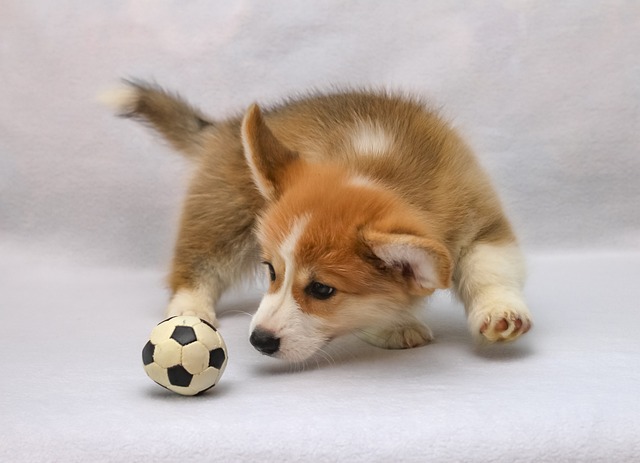
What can I add to my dog’s food for dental health
What can I add to my dog’s food for dental health? If you’re a new dog parent in the US, you’ve probably noticed your pup’s breath getting a little too “doggy” lately
What causes orchitis in dogs? If you’ve noticed your male dog licking his groin more than usual, or seen swelling, redness, or discomfort in that area, it could be orchitis—an inflammation of the testicles. This condition isn’t just painful for your pup; it can signal underlying issues that need prompt attention. Let’s break down the most common triggers.
Infections are the top culprit. Bacterial infections often start elsewhere—like a urinary tract issue or a small wound—and spread to the testicles. For example, if your dog gets a scratch while romping in the park, bacteria from the soil or grass can sneak in, leading to swelling. Viral infections, such as distemper or parvovirus, can also cause orchitis as a secondary effect, which is why keeping up with core vaccines (required by most regions) is so crucial.
Trauma is another key cause. Dogs love roughhousing—chasing squirrels, tussling with other pups, or even jumping off furniture. A hard bump, a bite during play, or a sudden fall can bruise the testicles, leading to inflammation. This is especially common in active breeds like Labradors or Boxers. If your dog spends time at dog parks, keep an eye on rough play to avoid unnecessary injuries.
 Autoimmune disorders can play a role too, though they’re less common. Sometimes a dog’s immune system mistakenly attacks healthy tissue in the testicles, causing swelling and pain. This might happen alongside other symptoms like lethargy or fever, so it’s important to note any changes in behavior when you notice physical issues.
Autoimmune disorders can play a role too, though they’re less common. Sometimes a dog’s immune system mistakenly attacks healthy tissue in the testicles, causing swelling and pain. This might happen alongside other symptoms like lethargy or fever, so it’s important to note any changes in behavior when you notice physical issues.
Certain lifestyle factors can increase risk. Overweight dogs may have more friction in the groin area, while dogs with poor hygiene (like those who love rolling in mud) might be prone to bacterial buildup. Regular grooming—especially around the groin—can help prevent this. Also, unneutered dogs are more susceptible than neutered ones, a point worth discussing with your vet if you’re considering that procedure.
Never try to self-diagnose or treat orchitis at home. While it’s tempting to apply a cold compress, improper handling can worsen the issue. Instead, contact your vet right away—they’ll likely run tests to identify the cause, whether bacterial, viral, or traumatic, and prescribe antibiotics, anti-inflammatories, or other treatments. Delaying care can lead to complications, including fertility issues.
Remember, your dog can’t tell you when something hurts, so being proactive is key. Regular check-ups, staying on top of vaccines, and monitoring their behavior during play can go a long way in preventing or catching orchitis early. With the right care, most dogs recover quickly and get back to their happy, playful selves.

What can I add to my dog’s food for dental health? If you’re a new dog parent in the US, you’ve probably noticed your pup’s breath getting a little too “doggy” lately

What causes orchitis in dogs? If you’ve noticed your male dog licking his groin more than usual, or seen swelling, redness, or discomfort in that area, it could be orchitis—an inflammation of the testicles.

How to treat gingivitis in dogs at home naturally? If you’re a new dog parent in the US, you might’ve noticed your pup wincing when you pet their muzzle

Do plaque off chews work for dogs? If you’re a new dog parent in the US, you’ve probably stood in the pet aisle, staring at packages labeled “fights plaque” and thought

Watching your pup laze by the window one day and then struggle to stand the next can jolt any new dog parent into panic mode.Kidney failure in dogs often creeps in quietly,making it tricky to spot early—and that's why understanding its roots matters.

What can dogs eat to clean their teeth naturally? If you’re a new dog parent in the US, you’ve probably struggled with the toothbrush battle